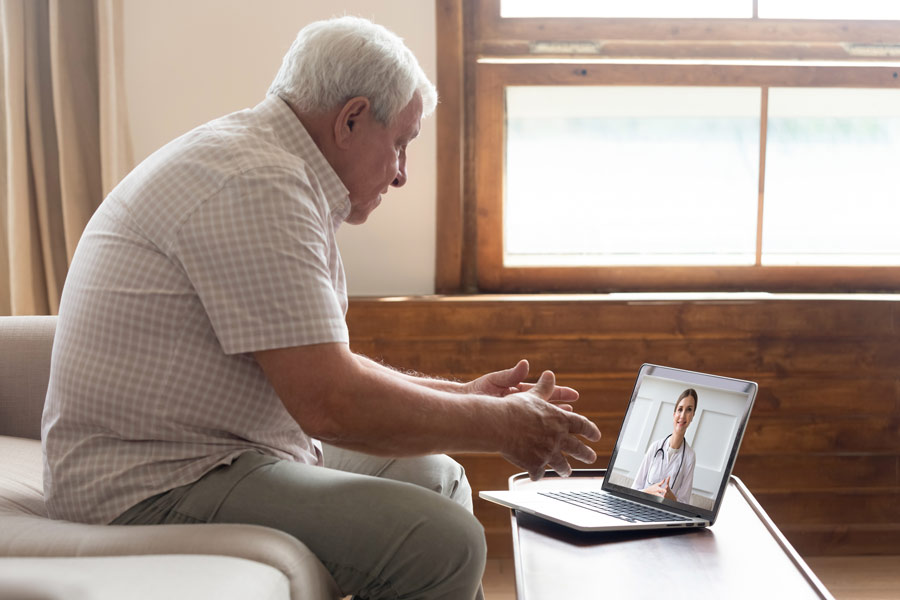 How can those injured through no fault of their own obtain non-emergent treatment in this time of limited health service availability and the requirement for social distancing?
How can those injured through no fault of their own obtain non-emergent treatment in this time of limited health service availability and the requirement for social distancing?
The answer may be found by using telehealth.
Recently, Massachusetts Governor Charlie Baker published an emergency order necessitating all businesses and organizations that do not deliver “COVID-19 Essential Services” to close their physical workplaces and facilities to workers, customers and the public as of Tuesday, March 24th at noon until Tuesday, April 7th at noon. These non-essential businesses have been encouraged to pursue their operations remotely.
The emergency order identifies the COVID-19 outbreak as a pandemic. A pandemic characterized by the World Health Organization as the worldwide spread of a new disease.
In Massachusetts alone, as of March 29, 2020, the Department of Public Health has reported 4955 cases of COVID-19. Accordingly, the Department of Public Health has urged all residents of the Commonwealth to practice social distancing and limit activities outside the home.
Regarding health care, the treatment of conditions related to injuries caused by others, most commonly nonemergent musculoskeletal conditions, may be considered the type of service which is nonessential at the present time. Moreover, given the directive to practice social distancing, many of those injured in third-party liability claims would reasonably be expected to delay their treatment or self-treat with over-the-counter medications, such as ibuprofen, Tylenol or other pain-relieving ointments. These measures, however, may not always be adequate to address your nonemergent injuries.
Telehealth is a type of remote health care where the provider and patient interact through telecommunications technology. It represents a way to evaluate, diagnose and care for patients at a distance. In order to preserve confidentiality and privacy, the technology must be an application designed for the purpose of providing telehealth. Evaluations and treatments must also be performed by a licensed provider, chiropractor and/or physical therapist.
The advantages of telehealth in the context of COVID-19 are clear. Other benefits include no transportation time or costs, the ability to make an appointment around your work schedule, and at this time, PIP and health benefits are expected to reimburse for these services. Governor Baker has gone so far as to place in his executive order regarding COVID-19, that insurers must cover telehealth in order to help avoid an overload of hospitals so that they may concentrate on the delivery of care to COVID-19 infected patients. Telehealth insurance coverage also includes coverage for behavioral health condition, a common sequellae in personal injury victims.
Telehealth is a viable alternative in the present climate of COVID-19
Dr. John, Esq. is both an attorney and a physician. Before obtaining his law degree, Dr. John Naranja practiced for approximately 12 years as an orthopedic surgeon.
